Artificial Intelligence: The Silent Revolution Changing the World
Artificial Intelligence (AI) is one of the most remarkable and fascinating innovations of our time.
Although the concept dates back to the 1950s, it’s only in recent decades that it has made incredible strides, profoundly transforming daily life.
But what exactly is artificial intelligence, how does it work, and most importantly, how is it changing the world? 🚀
In this article, we will explore the concept of AI, its current impact in various fields, and the incredible possibilities this technology offers for the future. 🤖
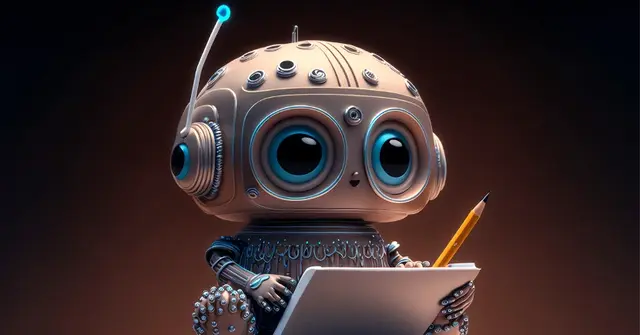
Auto Scroll
- 1. What is Artificial Intelligence?
- 2. Artificial Intelligence in Daily Life
- 3. The Healthcare Sector: Artificial Intelligence as a Savior
- 4. AI and Industry: Efficiency and Innovation
- 5. The Possibilities of the Future: AI, Robotics, and Beyond
- 6. The Ethical Challenges of Artificial Intelligence
- 7. Conclusions: A Fascinating and Uncertain Future
★★★★★★★★★★★★★★★★★★★★★★★★★★★★★★★★★★★★★★★★★★★★★★★
1. What Is Artificial Intelligence?
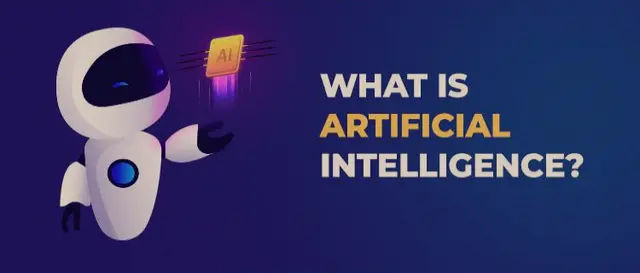
💻Artificial Intelligence is a field of computer science that develops systems capable of performing tasks that normally require human intelligence, such as language recognition, visual perception, logical reasoning, and learning. These systems, through complex algorithms, learn and adapt to new data without being explicitly programmed for each specific task.🧠
There are different types of AI, from simpler systems such as those that recognize images or voice commands, to more advanced ones like neural networks that can perform complex cognitive activities, mimicking human thinking. 📈
★★★★★★★★★★★★★★★★★★★★★★★★★★★★★★★★★★★★★★★★★★★★★★★★★
2. Artificial Intelligence in Everyday Life
Even though we often don't realize it, 🤖artificial intelligence is already an integral part of our lives. Some examples? Personalized recommendations on Netflix and Spotify, suggesting movies or music based on our preferences; voice assistants like Alexa, Siri, and Google Assistant, answering questions and performing actions such as setting reminders or smart home control. Finally, algorithms that recommend the right products while we shop online. 🚀
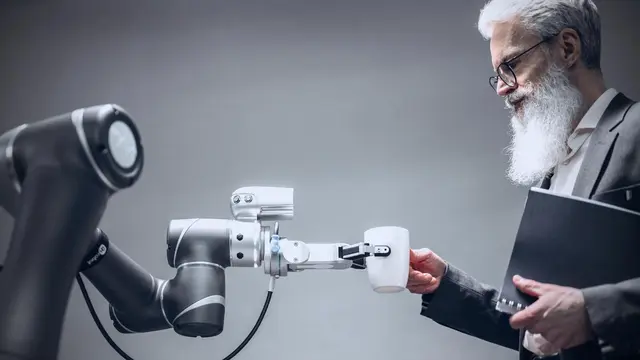
But AI doesn’t stop there. It can already analyze huge amounts of data, learn from past patterns, and make predictions. It is the engine behind autonomous vehicles and advanced medical diagnosis. 💊 For example, some AI systems can analyze medical images and diagnose diseases🩺 with accuracy that may surpass human doctors. 👩⚕️
★★★★★★★★★★★★★★★★★★★★★★★★★★★★★★★★★★★★★★★★★★★★★★★
3. Healthcare: Artificial Intelligence as a Lifesaver
One of the fields where AI is making a significant difference is undoubtedly medicine.🧬 Thanks to its ability to analyze large amounts of data quickly, AI is revolutionizing medical diagnosis. For instance, machine learning algorithms can scan radiological images and detect signs of disease, such as cancer,💉 faster and more accurately than humans.
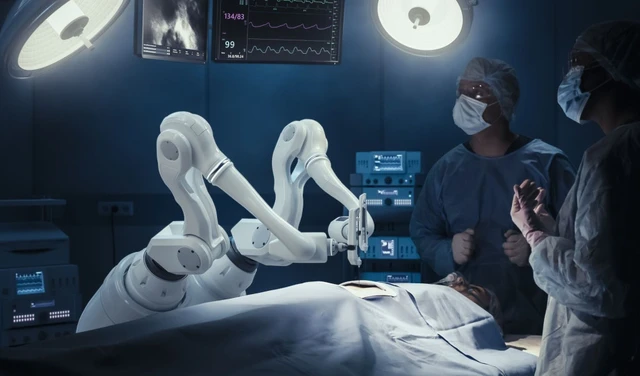
Moreover, AI is used in drug discovery, analyzing and predicting how millions of molecules🧬 will react, helping to find potential treatments💊. This approach greatly accelerates research🧪 time and reduces costs, making treatments for rare or complex diseases more accessible.
★★★★★★★★★★★★★★★★★★★★★★★★★★★★★★★★★★★★★★★★★★★★★★★★★
4. AI and Industry: Efficiency and Innovation
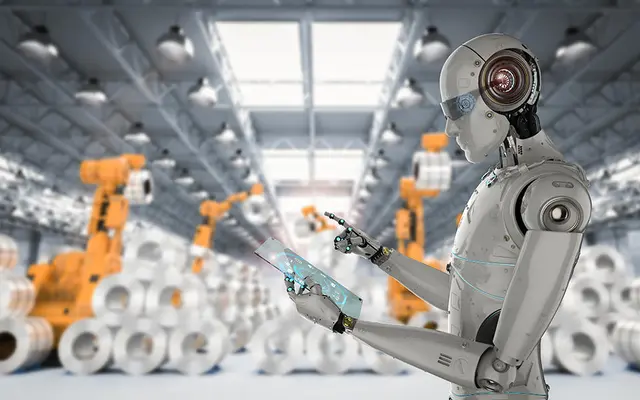
🏭The industrial sector is another area where Artificial Intelligence🤖 brings significant changes. From industrial robots🦾 that assemble machines to algorithms🔢 that optimize production chains, artificial intelligence improves productivity and reduces errors. In factories, intelligent systems monitor and predict failures, allowing for preventive maintenance interventions that minimize downtime.
AI also transforms how logistics and supply chains are managed. Artificial intelligence-based software🤖 can analyze large data flows to optimize delivery routes and stock levels, reducing costs and improving business operations efficiency. 📊
★★★★★★★★★★★★★★★★★★★★★★★★★★★★★★★★★★★★★★★★★★★★★★★★★★★★★★★★
5. The Possibilities of the Future: AI, Robotics, and Beyond
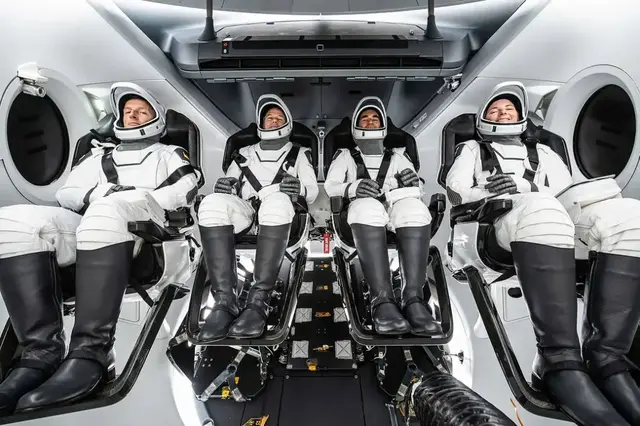
If we think about the future, the possibilities of artificial intelligence are truly extraordinary. A rapidly evolving example is robotics: intelligent robots could be used in 🏨hospitals, schools, homes🏠, and even in space missions.🚀 Imagine robots assisting elderly people or those with disabilities, or working in hazardous environments where human intervention would be too risky.
Moreover, 🤖artificial intelligence could play a central role in the development of general artificial intelligence (AGI), machines capable of performing any human intellectual task, creating a world where collaboration between humans and machines will no longer be a possibility, but a reality. 🌌
Official Trailer Avatar 3 2025.
★★★★★★★★★★★★★★★★★★★★★★★★★★★★★★★★★★★★★★★★★★★★★★★★★★★★★★★★
6. The Ethical Challenges of Artificial Intelligence
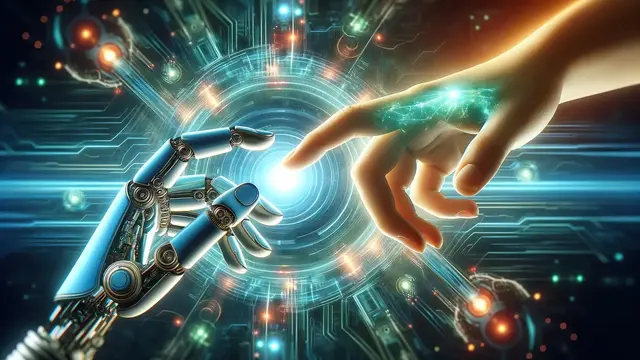
Despite its benefits, artificial intelligence raises important ethical questions. Who is responsible when a machine makes an error? How can we ensure that algorithms do not discriminate or perpetuate biases? The growing automation could also lead to the loss of jobs in certain sectors, raising concerns about economic inequality. 🚀
Discussions on how to regulate and monitor artificial intelligence are essential to ensure that these technologies are used in an ethical and safe manner. The challenge lies in finding a balance between innovation and protecting human interests. 📚
★★★★★★★★★★★★★★★★★★★★★★★★★★★★★★★★★★★★★★★★★★★★★★★★★
7. Conclusions: A Fascinating and Uncertain Future
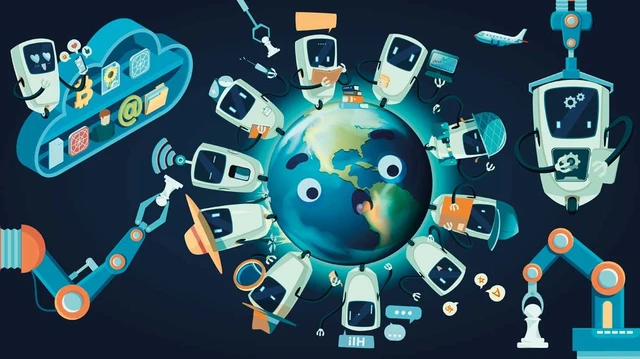
Artificial intelligence has the potential to change the world in ways we can barely imagine today. From healthcare to 🚚logistics, from robotics to art 🎨, AI applications are vast and continually expanding. However, it is crucial to continue reflecting on the ethical and social implications of this technology to ensure that it is developed and used responsibly.
What is certain is that AI is not just a technology of the future, but already an ongoing change that is transforming our present. In an increasingly connected and automated world, 🤖artificial intelligence will only grow, bringing with it a host of opportunities and challenges. The only remaining question is: how will we choose to approach it?
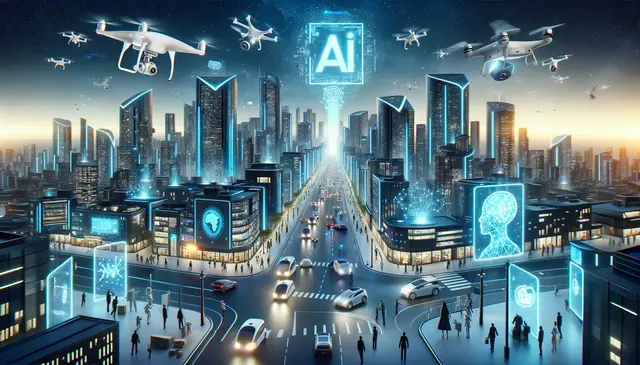
★★★★★★★★★★★★★★★★★★★★★★★★★★★★★★★★★★★★★★★★★★★★★★★★★



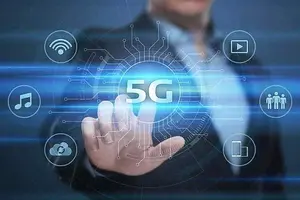








Comment on the Article
You must log in to comment.
Login
TEST1
Hai sus
TOPTOP!